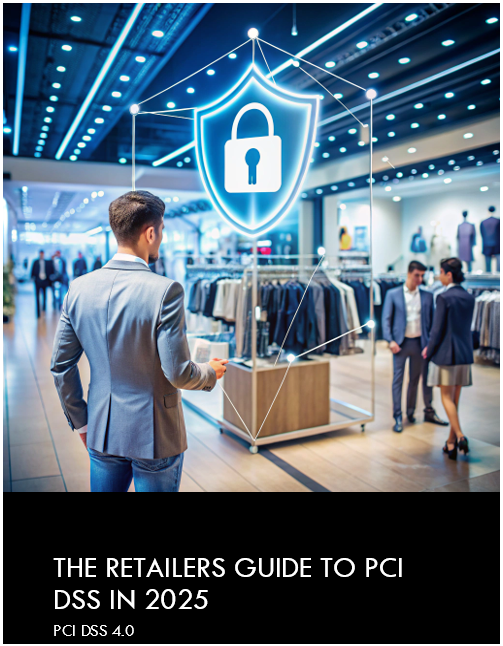In recent years, Artificial Intelligence (AI) has accelerated at an unparalleled pace, establishing its strength in numerous technological applications. While AI has been a game-changer for boosting business operations and transforming industries such as healthcare, transport, and entertainment, it presents us with a darker, risk-laden facet. Specifically, the stark rise of deepfakes and synthetic identity fraud paints a grim picture that businesses, particularly small-to-mid-sized companies, must acknowledge.
Understanding the Threat Landscape: Deepfakes and Synthetic Identity Fraud
Deepfakes rely on AI algorithms to learn and mimic human behavior, language patterns, movements, and facial expressions to produce surprisingly authentic yet counterfeit videos, audios, or images. While deepfakes may present opportunities for entertainment or artistic creation, they pose a larger threat when tied to identity theft and fraud, putting businesses at unexpected risk.
Associated closely with deepfakes is synthetic identity fraud, an activity where real and fabricated information is combined to generate a fraudulent identity. This fake identity can then be used for illegal actions, frequently implicating innocent individuals or corporations.
The Multi-faceted Impact on Businesses
For businesses, the impact of these AI-augmented threats can be profound, from direct financial loss to the irreparable damage of public trust. Deepfakes can be particularly destructive in the era of rapid-fire social media, where misinformation can spread globally in an instant. Imagine the fallout if a perfectly generated deepfake video of a CEO declaring bankruptcy or involved in a scandal went viral.
Synthetic identity fraud is another pitfall for businesses. With concocted identities, fraudsters can apply for credit, make large-scale purchases, then default on payments, leaving businesses in significant debt while tracing a non-existent debtor. What’s worse, detecting these frauds becomes difficult as the identity is partially rooted in real information, often slipping through traditional identity verification checks.
What Can Businesses Do?
Battling these threats requires a robust combination of technology, policy work, and awareness building. Facebook, in partnership with Microsoft, top universities, and other stakeholders, initiated the Deepfake Detection Challenge to stimulate industry-wide advancements in deepfake detection. Numerous businesses are investing in state-of-the-art biometric verification tools and behavior analysis algorithms to spot potential synthetic identity fraud.
Simultaneously, businesses must invest in cybersecurity awareness training for their staff, teaching them to detect and report suspicious activities. A proactive, well-informed workforce is the first line of defense against these burgeoning threats.
Need Help Navigating these Threats? We’re here for you.
The rapid growth of deepfakes and synthetic identity fraud underlines the utmost need for businesses to update their cybersecurity practices continually. To safeguard against these potent threats, it’s critical to seek the right guidance and solutions.
You do not need to face this challenging landscape alone. Our team of security experts is ready to help fine-tune your company’s cybersecurity structure so it can withstand the array of AI-powered threats in the cyber ecosystem. By focusing on proactive measures, we can keep your business safe and ensure costly mistakes are avoided. Contact us today to schedule a free consultation. Remember, the best offense against cyber threats is a strong defense.





